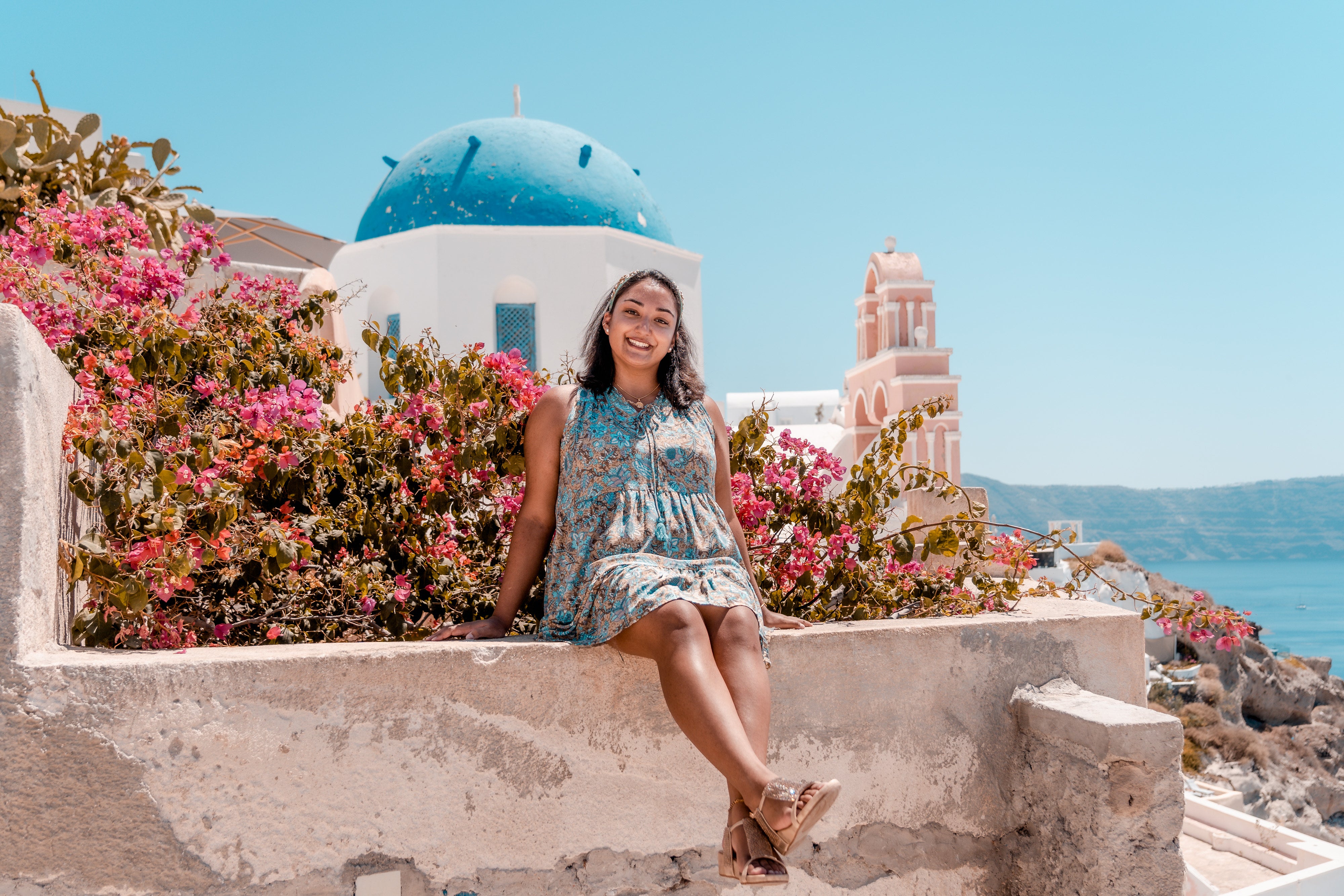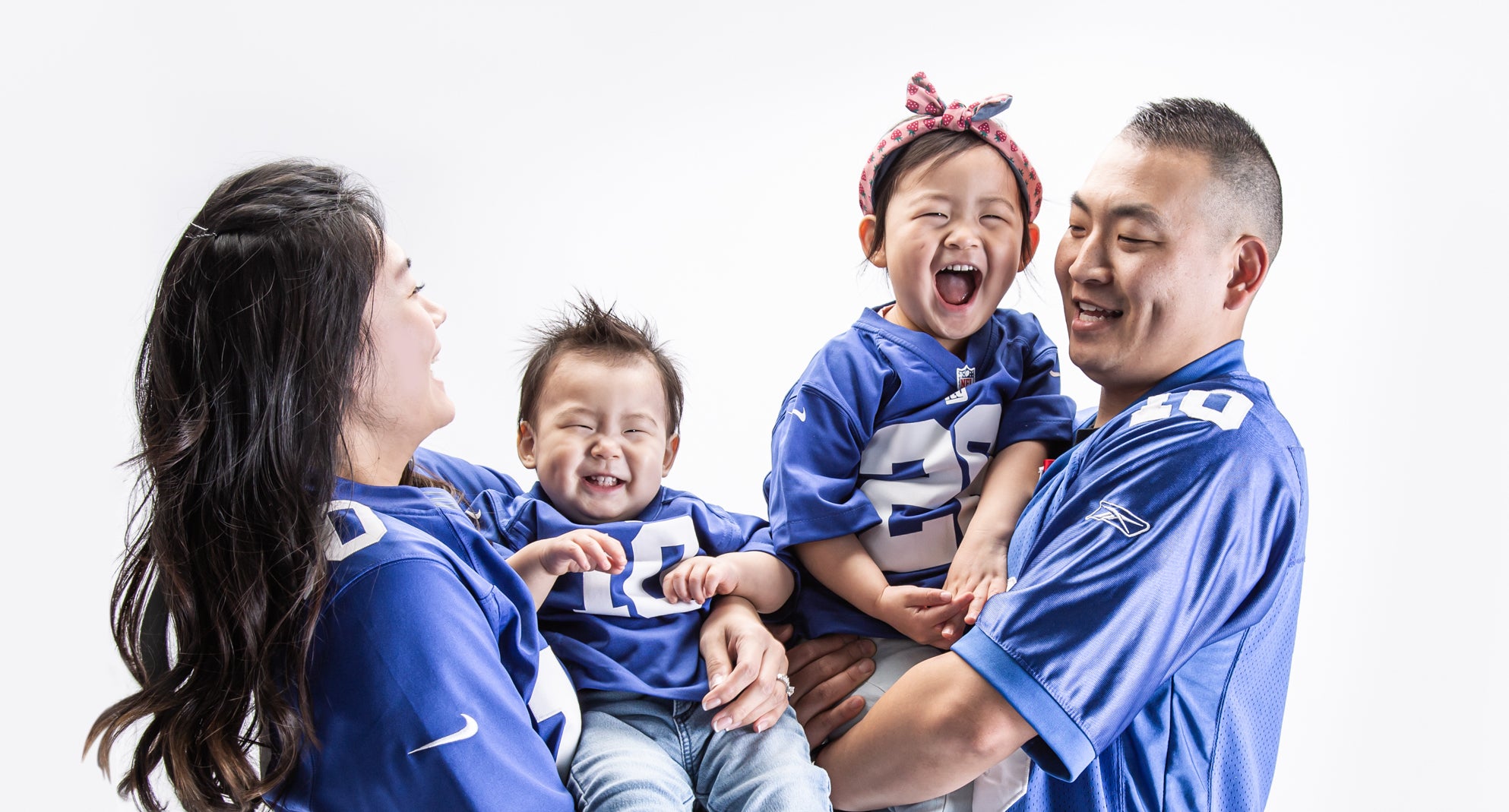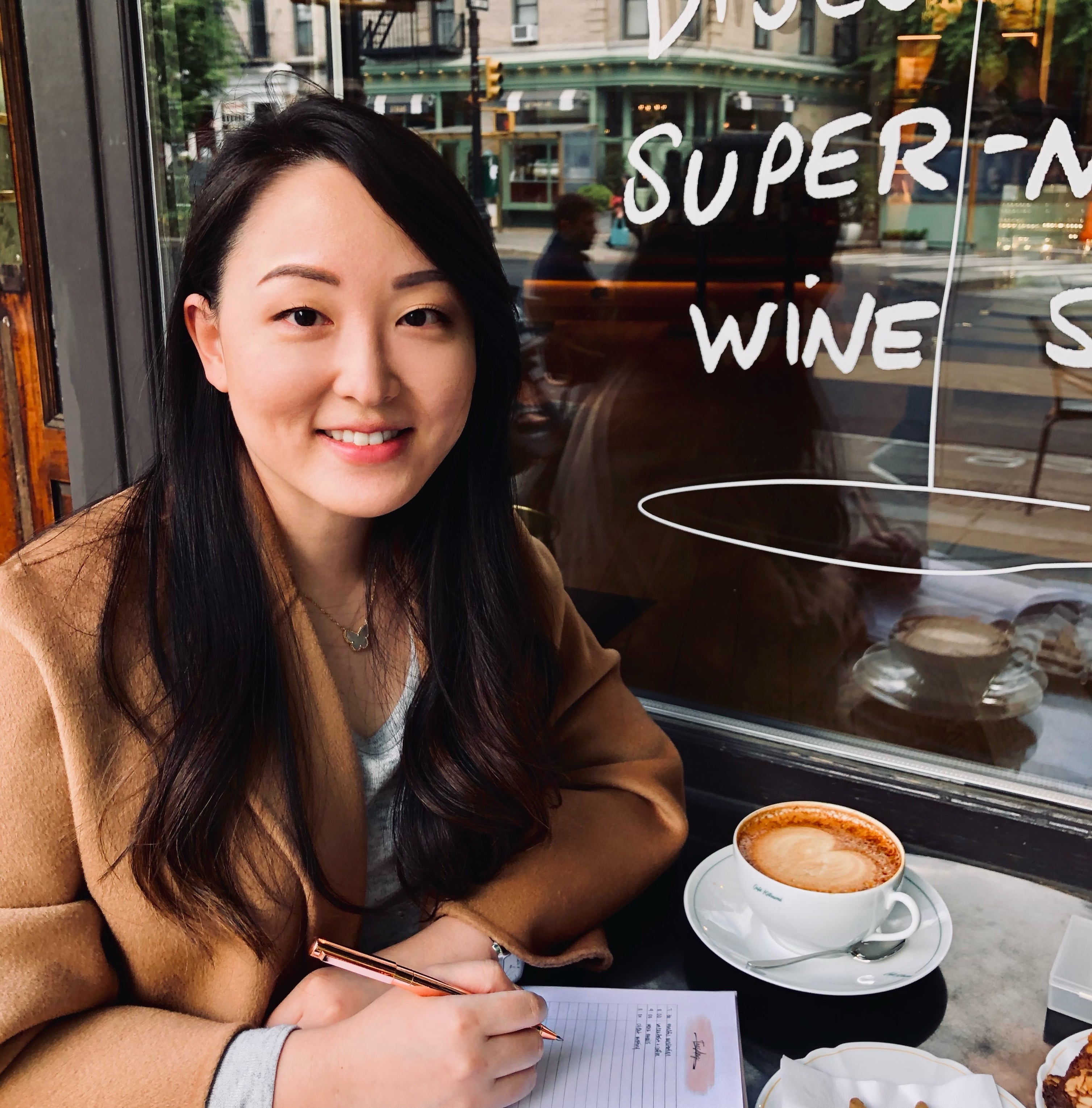In honor of Polycystic Ovary Syndrome (PCOS) Awareness Month, we want to bring attention to this disorder and give a brief overview of what it means.
PCOS is a hormonal disorder that affects women of reproductive age and may be hereditary. Typically, a woman’s ovaries produce an abnormal amount of androgens (male sex hormones), which can cause problems with a woman’s menstrual cycle leading to irregular or missed periods. Other side effects include excess body hair growth, acne, infertility (some women may not ovulate), hyperpigmentation, acne or oily skin, and weight gain. “Polycystic” refers to the multiple large cysts that may form on the ovaries. Sometimes follicles may surround the eggs and as a result, a woman’s ovaries may not function properly.
PCOS is incurable and the exact cause of the hormonal disorder is unknown, but women are able to treat and manage their symptoms to help those who wish to have children naturally and to prevent further health complications like Type 2 diabetes, miscarriage or premature birth, and endometrial and ovarian cancers. 6-12% of US women and 1 in 15 women worldwide have PCOS. Celebrities like actress Lea Michele, fashion icon Victoria Beckham (aka Posh Spice), fitness trainer Jillian Michaels, and influencer Jenn Im all have this hormonal disorder and have been vocal about their experiences with infertility, pregnancy complications, and other side effects.
Today we have invited Grace, a young doctoral student who was recently diagnosed with PCOS at the age of 24, to speak to us about her own experience and how she takes care of herself.

Grace is currently in her second year in a clinical psychology program where she hopes to specialize in trauma therapy. She recently started training at a college counseling center and is very passionate about issues affecting women and the LGBTQ+ community. She is a big biology nerd and one of her hobbies includes fostering rescue kittens. She has an adorable tuxedo cat named Ernie who loves belly rubs, cardboard boxes, and snuggling his mom as much as possible. Grace enjoys staying active and traveling the world. Keep reading to learn more about Grace’s journey!
1. When did you first learn you had PCOS and what made you realize you might have this hormonal disorder? How do you take care of yourself besides taking medication?
I first suspected I had PCOS after I didn’t get my period for a few months and started having breakouts on my cheeks, which never happened to me before. My sister had already been diagnosed a couple years before me, so I figured I might have it, too.
Medication definitely played a major role in controlling my symptoms. At the same time, I paid closer attention to my existing vegetarian diet, incorporating as many “whole” foods as possible. I walk anywhere I can, so I’ve saved money on uber. When the weather permits, I’ll try to spend the day in the park or hiking. My goal is to spend as much time outside as possible, even when I’m busy. Generally, I’m just more mindful about my lifestyle. I don’t like to take an approach of avoidance or rigidity, because it’s not sustainable for me.
2. Did you know much about PCOS before your diagnosis?
Broadly, I knew that it affects testosterone levels, skin, and hair, but not too much else. I was familiar with the term because my sister and a couple friends had been diagnosed with it.
3. How has your skin been affected and how do you care for it? Do you have any skincare products or ingredients that you can’t live without?
At first, I was noticing more breakouts after years of clear skin. While I do attribute a lot of the improvements to medication, I also pay closer attention to my skincare regimen. Basically, I try to use the same few products consistently. PanOxyl is a must, and I also use Clinique Even Better Serum for hyperpigmentation and CeraVe day/night moisturizers. I’m very careful with any materials that touch my face, and I use disposable face cloths.
4. Has your diagnosis affected the way you view yourself and your womanhood? How would you define female empowerment?
At first, I was scared to hear about symptoms like facial hair and hair loss. I was fortunate not to experience these symptoms, but I went through a sort of panic period where I inspected my skin and hair constantly to make sure there weren’t any changes. It was especially hard to confront the idea that weight loss/maintenance would be harder for me. Now I approach my body with a lot more compassion. I know I won’t be perfect, so in a way I feel less pressure to strive for that ideal image of femininity. I choose to be more vocal about the qualities I like about myself, whether it’s my intellect or looks. I’d encourage more women to praise themselves without apologizing, because it’s so normalized to focus on our flaws. I see PCOS as just another uniquely female experience that connects me to other people, including women

5. Has your fertility been affected by your diagnosis?
I spoke to my endocrinologist about fertility, particularly in relation to freezing my eggs. I was surprised when she told me PCOS would not have a major impact. It’s not a pressing concern, but I got a little anxious when I saw my polycystic ovaries on an ultrasound. I will say that before PCOS, I never thought about fertility, and now it’s something I keep in the back of my mind long-term. I no longer view fertility as something I can ignore indefinitely. I don’t know if I want kids (right now I’m happy with my furbaby Ernie), but if I make that choice someday, I’d explore a range of options.

We hope that Grace’s story resonates with some of you as you continue to navigate your own experiences with PCOS. You are not alone in your journey and Knours will be here to discuss other hormonal disorders that affect so many women. If you think you may have PCOS then please consult your doctor so you can discuss it further to get a complete understanding of it.





Leave a comment
All comments are moderated before being published.
This site is protected by hCaptcha and the hCaptcha Privacy Policy and Terms of Service apply.